Posted on May 28th, 2013 by Bill Weinberg and tagged
Africa,
book reviews,
cannabis,
cocaine,
Ethiopia,
Guinea-Bissau,
Hong Kong,
Kenya,
khat,
Lesotho,
methamphetamine,
Nigeria,
sacrament,
Senegal,
Single Convention,
Somalia,
South Africa,
West Africa,
Yemen.
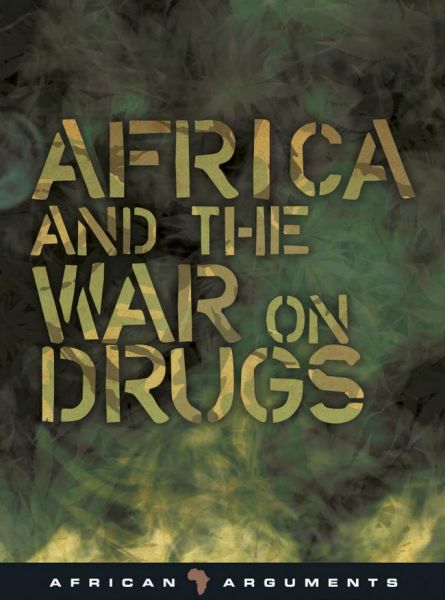 For those who have been wondering what the truth is behind the media sensationalism about global cartels establishing Africa as their new theater of operations, Africa and the War on Drugs by Neil Carrier and Gernot Klantschnig (Zed Books, London, 2012) clears the air in a welcome way.
For those who have been wondering what the truth is behind the media sensationalism about global cartels establishing Africa as their new theater of operations, Africa and the War on Drugs by Neil Carrier and Gernot Klantschnig (Zed Books, London, 2012) clears the air in a welcome way.
The authors, a pair of British academics, portray a strategy by the UN Office on Drugs and Crime (UNODC) to hype the threat and replicate the hardline policies pursued in Latin America and elsewhere on the African continent. Drug trafficking has definitely been growing in Africa in recent years—ironically, the authors argue, as a result of "successes" in Latin America. As the old cartels and their smuggling routes were broken up, new more fragmented networks have sought new routes and markets. This conveniently coincided with South Africa's reintegration to the world economy after the end of apartheid, and more generally with Africa's globalization.
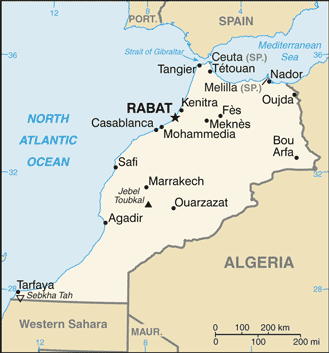 The United Nations Office on Drugs and Crime (UNODC) last month issued its World Drug Report 2019—its 22nd annual survey of production, trafficking and eradication and enforcement efforts around the world. In addition to providing figures on cocaine and opiates, the report seeks to quantify the amount of cannabis cultivated in each producer country.
The United Nations Office on Drugs and Crime (UNODC) last month issued its World Drug Report 2019—its 22nd annual survey of production, trafficking and eradication and enforcement efforts around the world. In addition to providing figures on cocaine and opiates, the report seeks to quantify the amount of cannabis cultivated in each producer country.
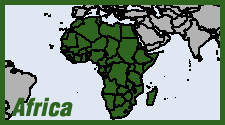 The African continent, we are often told, has great resources and economic potential, but is held back by lack of development and infrastructure. It is certainly a sign of the times that we are now hearing this line not only from the oil and mineral cartels but the cannabis industry.
The African continent, we are often told, has great resources and economic potential, but is held back by lack of development and infrastructure. It is certainly a sign of the times that we are now hearing this line not only from the oil and mineral cartels but the cannabis industry.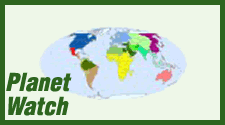 The United Nations Office on Drugs and Crime (
The United Nations Office on Drugs and Crime (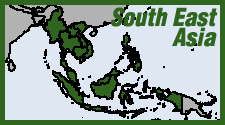 Indonesia executed six convicted on drug charges Jan. 17, rejecting last-minute appeals for clemency from international leaders. Four men from Brazil (possession of 13 kilos of cocaine), Malawi (1 kilo of heroin), Nigeria (1 kilo heroin) and the Netherlands (ecstacy production) and one Indonesian woman (3 kilos heroin) were put to death by firing squad on Nusakambangan Island, off the southern coast of Java. Another woman from Vietnam (1 kilo of methamphetamine) was executed in Boyolali, in central Java. Brazilian President
Indonesia executed six convicted on drug charges Jan. 17, rejecting last-minute appeals for clemency from international leaders. Four men from Brazil (possession of 13 kilos of cocaine), Malawi (1 kilo of heroin), Nigeria (1 kilo heroin) and the Netherlands (ecstacy production) and one Indonesian woman (3 kilos heroin) were put to death by firing squad on Nusakambangan Island, off the southern coast of Java. Another woman from Vietnam (1 kilo of methamphetamine) was executed in Boyolali, in central Java. Brazilian President 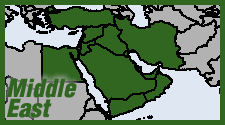 Amnesty International's latest global report on the death penalty, "
Amnesty International's latest global report on the death penalty, " For those who have been wondering what the truth is behind the media sensationalism about global cartels establishing Africa as their new theater of operations, Africa and the War on Drugs by Neil Carrier and Gernot Klantschnig (Zed Books, London, 2012) clears the air in a welcome way.
For those who have been wondering what the truth is behind the media sensationalism about global cartels establishing Africa as their new theater of operations, Africa and the War on Drugs by Neil Carrier and Gernot Klantschnig (Zed Books, London, 2012) clears the air in a welcome way.





Recent comments
2 weeks 3 days ago
2 weeks 3 days ago
5 weeks 4 days ago
6 weeks 3 days ago
10 weeks 3 days ago
14 weeks 2 days ago
18 weeks 2 days ago
19 weeks 15 hours ago
29 weeks 14 hours ago
33 weeks 1 day ago